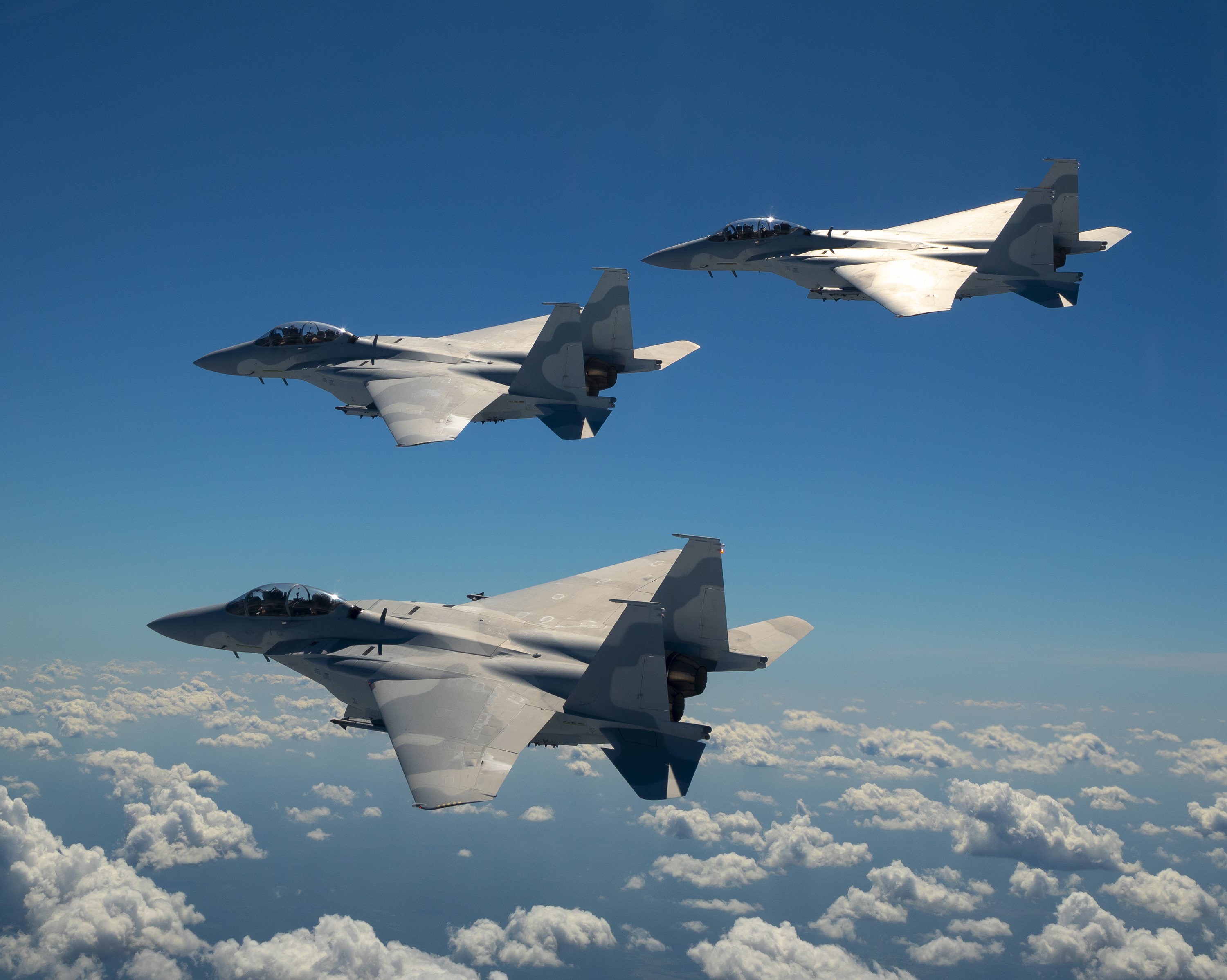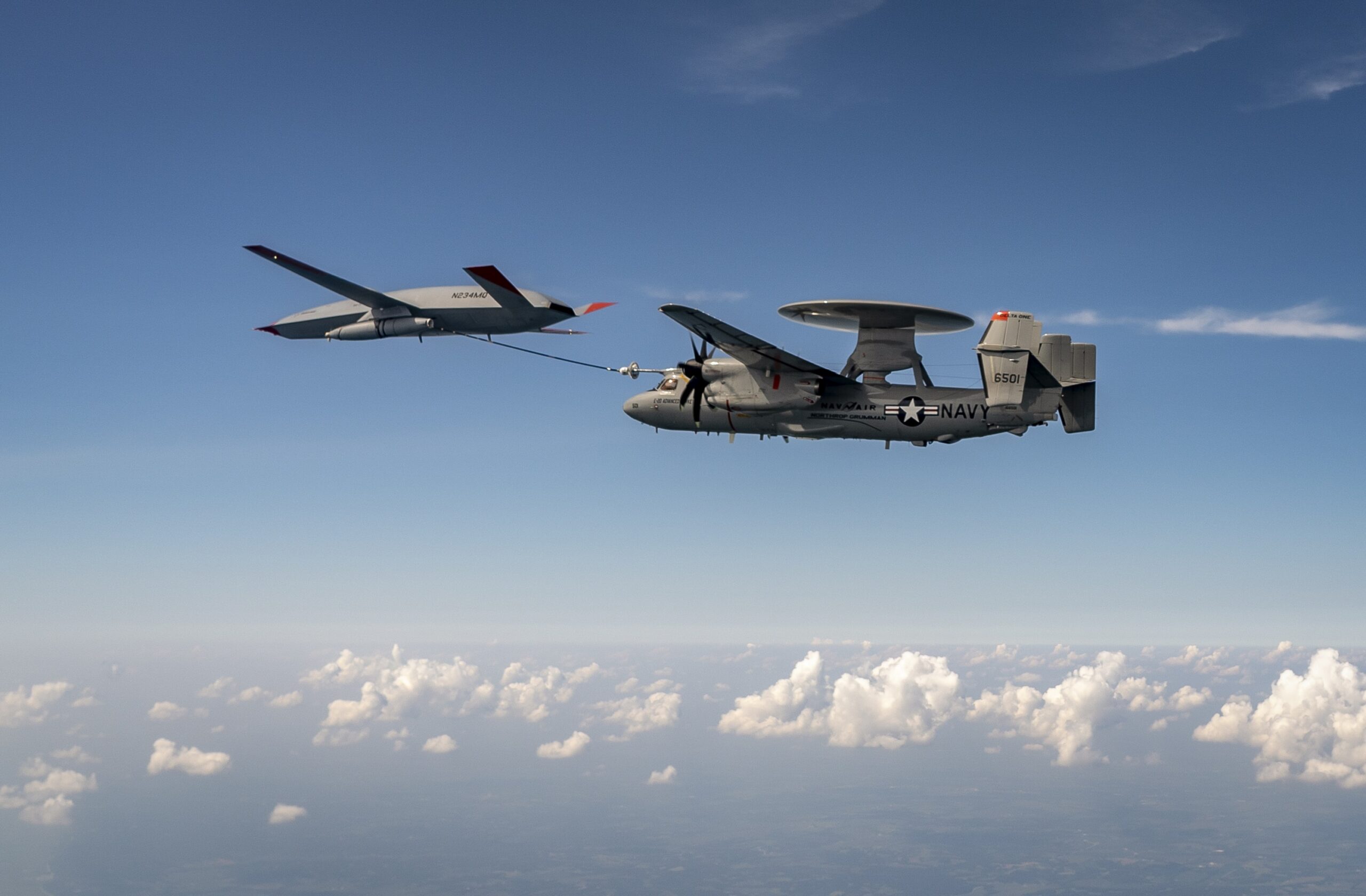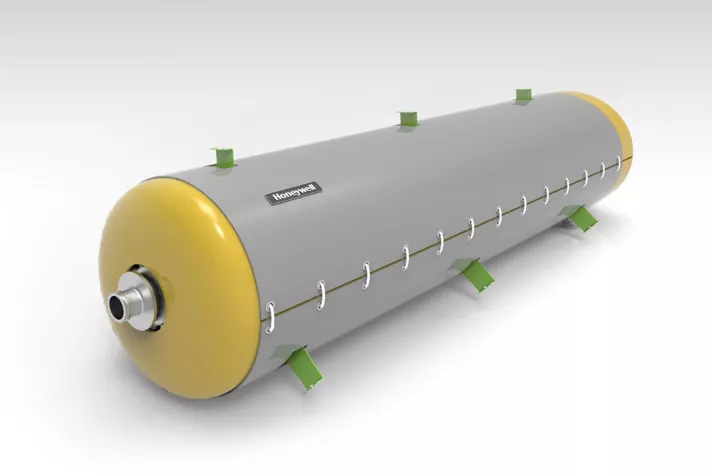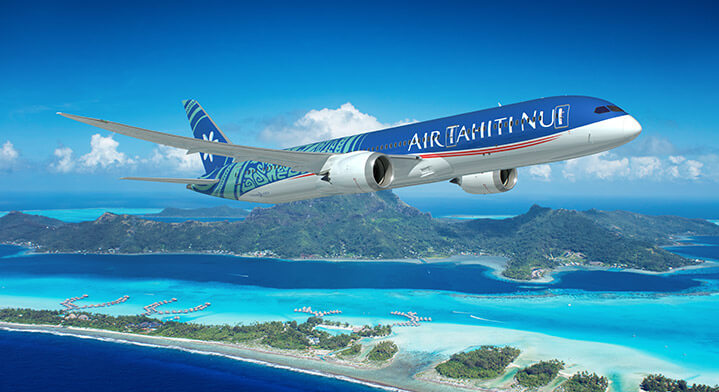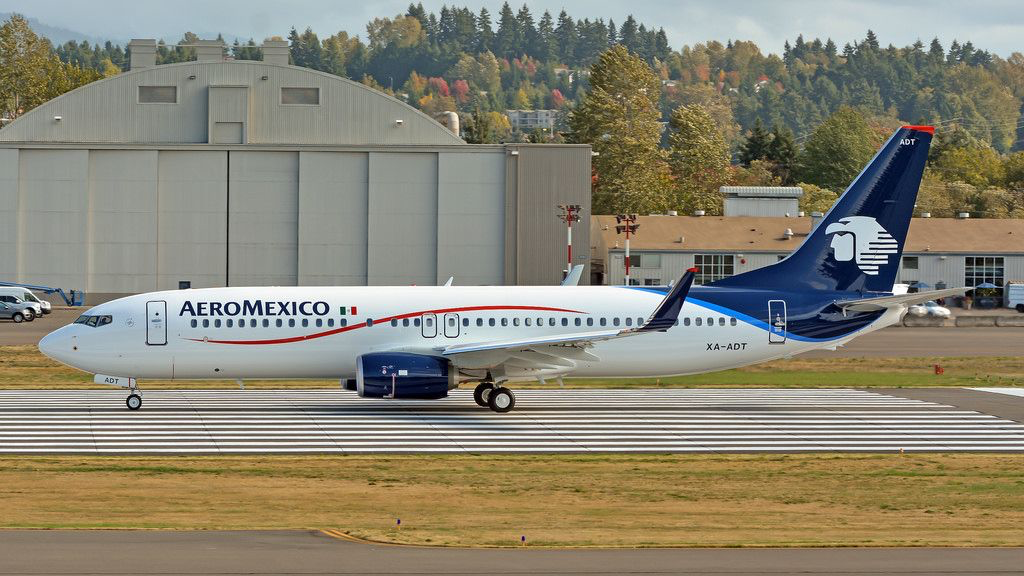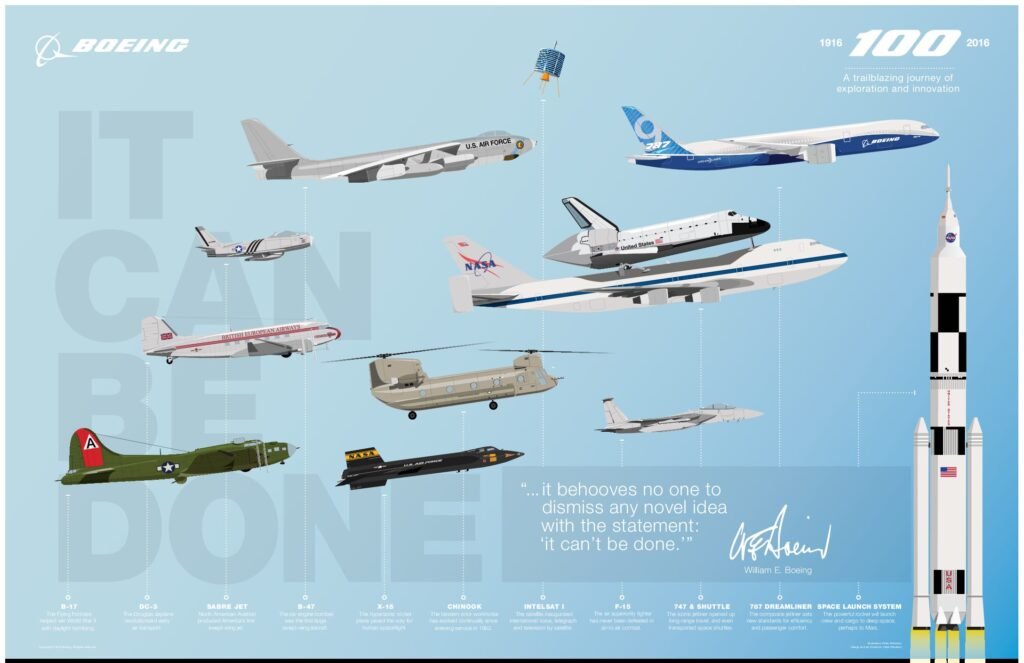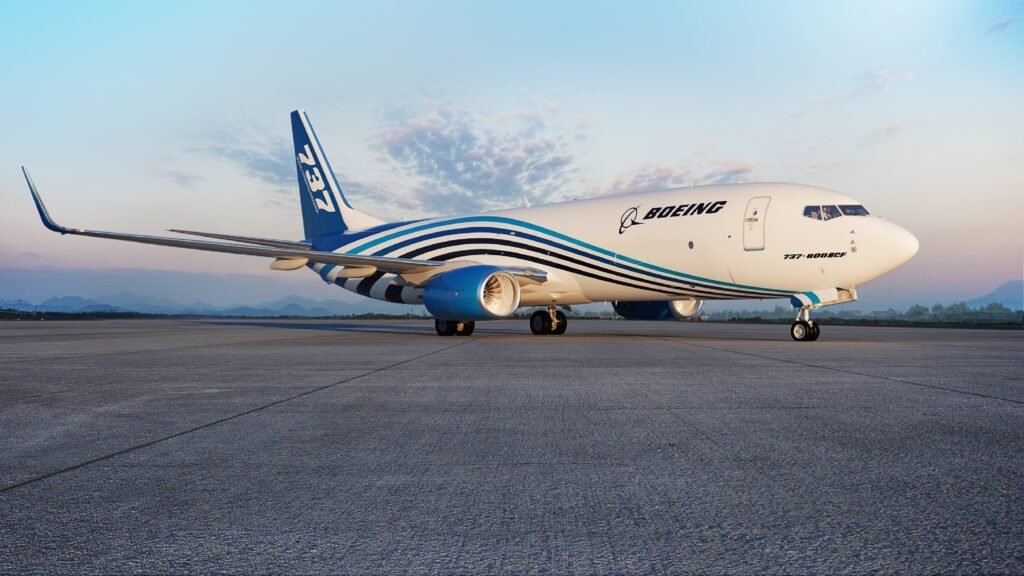Griffin Global Asset Management Orders Five Boeing 737-8 Jets
SEATTLE, Washington, September 1, 2021 — Boeing [NYSE: BA] and Griffin Global Asset Management today announced the aircraft lessor is expanding its commercial aircraft portfolio with five new 737-8 jets. The purchase is Griffin’s first direct…

